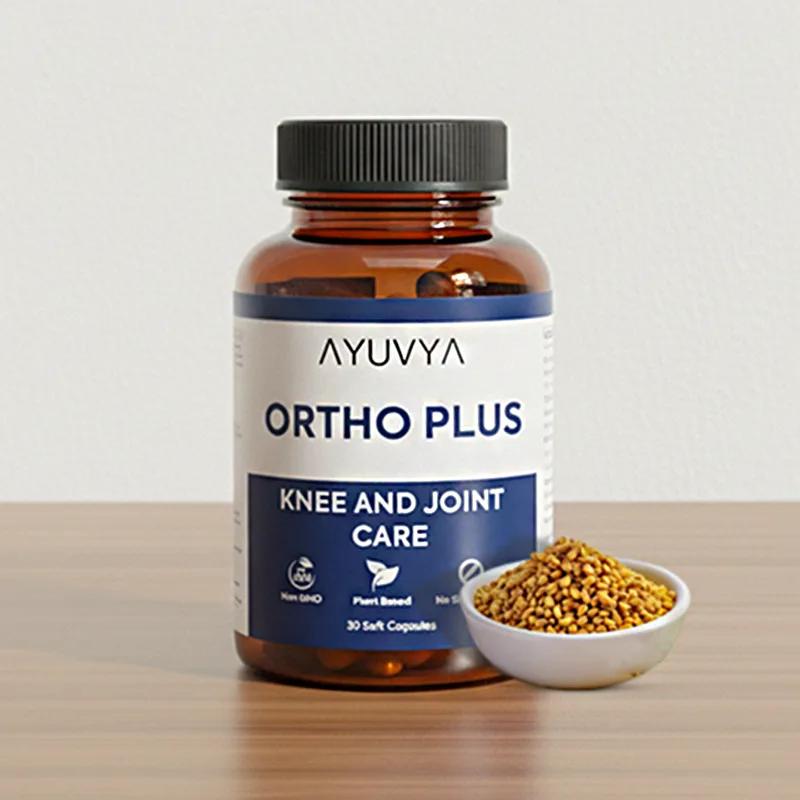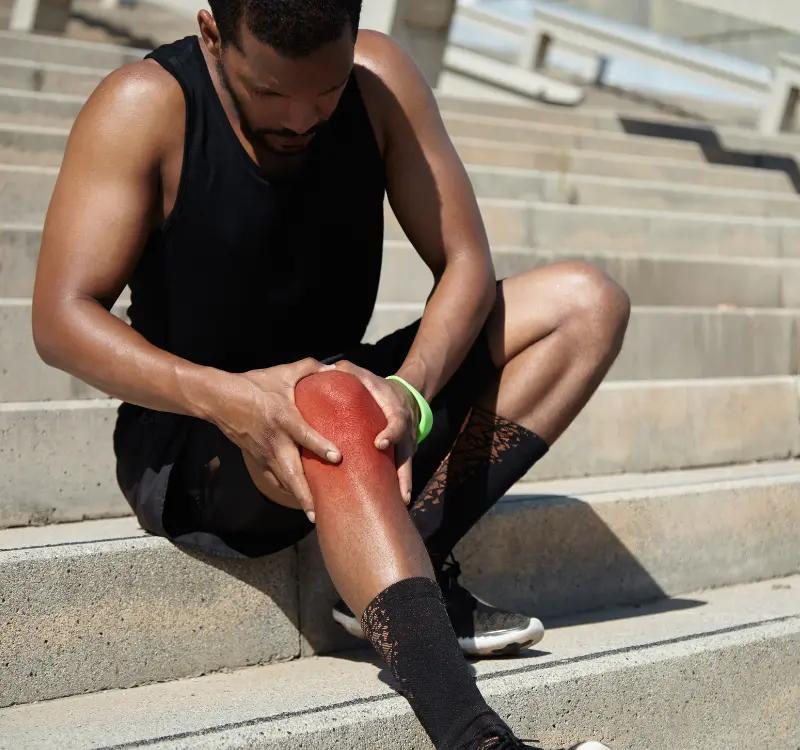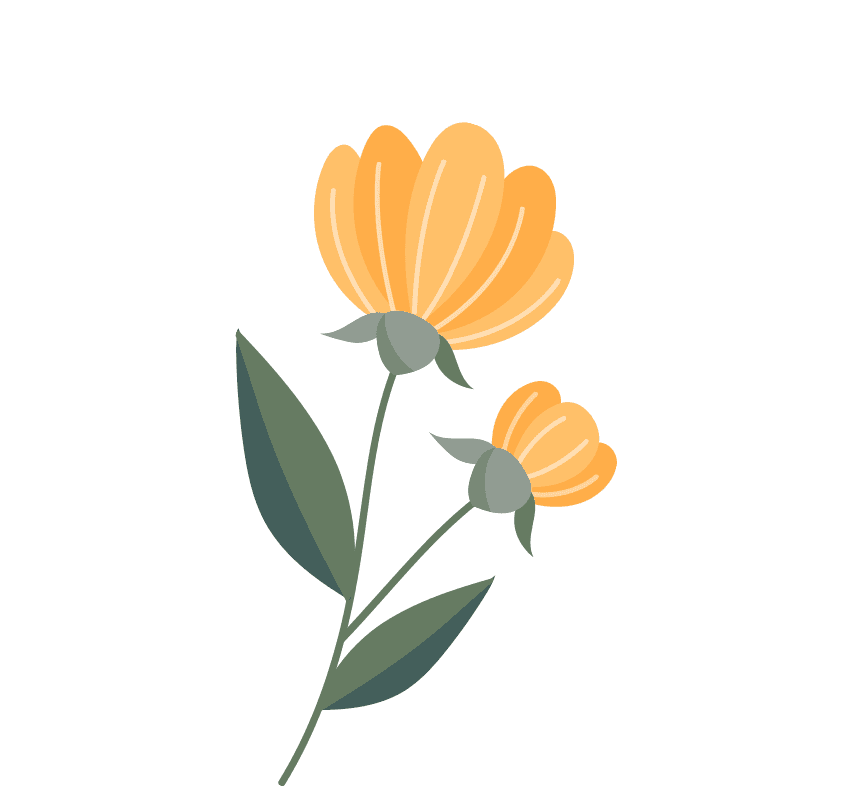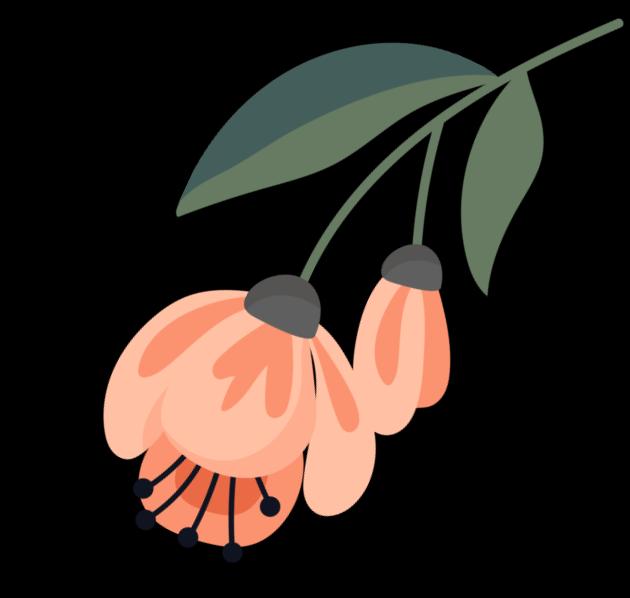Osteoarthritis Treatment in Ayurveda: Causes, Symptoms, and Remedies to Manage Joint Pain
Aug 12, 2024
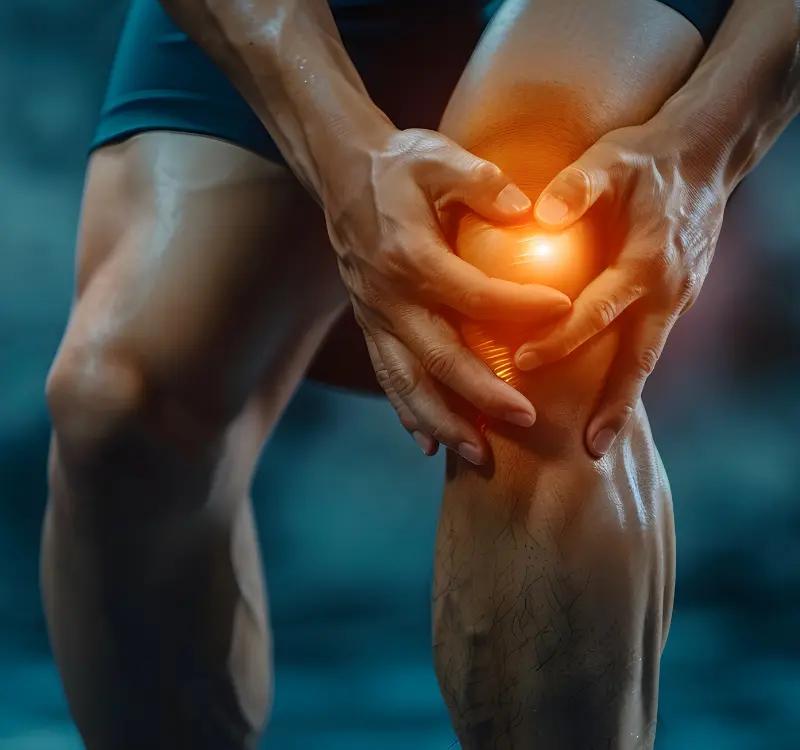
Sometimes you might feel severe pain in your knees or stiffness. You may wake up and experience sudden swelling in your joints and knees, or you may encounter unnecessary back pain. If so, it's essential to consult a doctor or expert because these could be symptoms of osteoarthritis.
Table of Contents:
- What is Osteoarthritis
- Causes of Osteoarthritis
- Ayurvedic Remedies and Treatment to Manage Osteoarthritis
- Precautions
- Conclusion
- FAQs
Osteoarthritis is a type of arthritis that causes stiffness, decreased joint motion, and more severe pain than typical arthritis. To treat this condition naturally, you can opt for Ayurvedic treatments for osteoarthritis, which can help you heal naturally and maintain the balance between body, soul, and mind. In Ayurveda, Vata dosha is mainly responsible for joint movement in your body, but an imbalanced Vata dosha could be a primary cause of osteoarthritis. Therefore, Ayurvedic treatment for osteoarthritis helps to maintain Vata dosha balance and improve joint health.
What is Osteoarthritis?
Osteoarthritis is known as Sandhigata Vata in Ayurveda. It is an active knee pain condition that occurs due to the wearing and tearing of protective cartilage on the bone ends. Osteoarthritis results from the breakdown of bone and cartilage that can affect any joint in the body. It commonly affects the joints of the thumbs, fingers, lower back, hips, knees, neck, and spine.
Symptoms of Osteoarthritis:
There are several symptoms of Osteoarthritis, some of which are mentioned below:
1. Joint Pain:
Experiencing pain in knees or in other joints could be the first sign of arthritis. This can become severe over time and might be constant, making daily chores difficult. It requires a lot of rest to heal.
2. Swelling:
You might notice sudden or regular swelling in the affected area or joints. It often comes and goes, sometimes you experience regular swelling in the affected joints such as the knees. It can be painful and makes your daily workings difficult to perform.
3. Crepitus:
You may feel a crackling sensation or hear a sound when you walk or move. Sometimes when you move, you notice some popping sound, this occurs mainly due to cartilage dislocation which makes the bones contract against each other.
4. Muscle Weakness:
The cartilage near the joint can weaken or tear due to the severity of joint pain. Your muscles become irritated and sensitive due to excessive pain which leads to the weakening of muscles.
5. Stiffness:
You may experience morning rigidity or stiffness around the joints, which causes pain. It makes your joint movement difficult and you may lose flexibility to bend and move. Simple tasks like walking and bending can become difficult.
Causes of Osteoarthritis:
Osteoarthritis has several symptoms that can significantly impact your daily life and while its main cause remains unclear it generally develops due to a combination of factors.
As we get older our joints naturally wear out which increases the risk of osteoarthritis as cartilage breaks down leading to pain and difficulty in everyday tasks. Genetics can make you more prone to this especially if there is a family history or if you have had previous joint injuries. Even old injuries from accidents or fractures can cause joint instability and eventually lead to osteoarthritis.
An unhealthy lifestyle particularly a diet lacking essential nutrients like calcium protein and vitamin D3 can weaken bones joints and cartilage making them more vulnerable. Additionally, excessive weight puts extra stress on joints, especially in the knees hips, and lower back leading to cartilage breakdown. Regular exercise and maintaining a healthy weight are essential to reduce this risk.
Gender can also be a factor as women are more prone to developing osteoarthritis particularly due to hormonal changes such as those experienced during menopause which can affect joint strength and flexibility. Lastly, repetitive movements from intense workouts or sports can gradually wear down the cartilage in your joints increasing the likelihood of developing osteoarthritis over time.
Ayurvedic Remedies and Treatment to Manage Osteoarthritis:
Ayurvedic treatments for osteoarthritis mainly focus on balancing the Doshas such as Vata, Pitta, and Kapha, which help in improving the joint health and movement in the body. Some of the Ayurvedic treatments for Osteoarthritis are mentioned below:
1. Purging Therapy:
It is also known as ‘Virechana’. It is a purifying technique that helps in restoring the balance between the doshas. It also promotes internal well-being and reduces inflammation.
2. Bahya Swedana:
This external sweating therapy has three main types, ‘Janu Basti ’- Gentle application of oils on the knee joint, ‘Patra Pinda Sweda’, which uses therapeutic plants for fomentation to address joint problems and provide comfort, ‘Janu Dhara’,- Continuous flow of oil or herbal mixtures to nourish the joint, providing warmth and reducing pain.
3. Panchakarma therapy:
It mainly uses ‘Abhangya’, an Ayurvedic massage using medicated oils applied all over the body to improve circulation and restore lubrication in the joints.
4. Natural herbs:
Incorporating natural herbs like turmeric, ashwagandha, and shankhapushpi helps improve joint health, reduce pain and stiffness, boost immunity, and decrease inflammation.
Precautions:
You can take several precautions to prevent the condition from worsening by maintaining a healthy lifestyle. Exercise daily to improve oxygen supply to the joints, maintain a balanced diet by including enough protein and avoiding sugars, stay happy and stress-free, and avoid becoming overweight.
Conclusion:
Treating osteoarthritis with Ayurvedic methods is highly effective because Ayurveda aims to reduce pain naturally using herbal oils and remedies. It also promotes a Vata friendly diet that supports inner healing. These treatments are carefully planned based on the patient's pain intensity, making them both effective and personalized.
Frequently Asked Questions
Ayurvedic medicine for osteoarthritis includes household herbs like Ashwagandha and Turmeric to reduce inflammation, along with practices like Panchakarma for joint health.
Osteoarthritis refers to the breakdown of cartilage in joints, leading to pain, stiffness, and reduced flexibility.
Genetics can play a role in osteoarthritis development, but lifestyle factors also significantly influence its onset and development.
The stages of osteoarthritis range from early joint damage to severe joint degeneration, impacting body movements and daily activities.
Rheumatoid arthritis is generally considered more severe than osteoarthritis as it is an autoimmune condition affecting joints and organs.
Osteoarthritis cannot be cured, but symptoms can be managed effectively with treatment to improve quality of life.
To prevent osteoarthritis, maintain a healthy weight, exercise regularly, avoid joint injuries, and protect joints during repetitive tasks.
Treatment for osteoarthritis includes pain relievers, physical therapy, lifestyle changes like weight management, and in severe cases, joint replacement surgery.
Managing knee osteoarthritis involves a combination of physical therapy, pain management, and sometimes surgery depending on complexity.
Osteoarthritis is a joint disease causing pain and stiffness, often affecting knees, hips, and hands.
